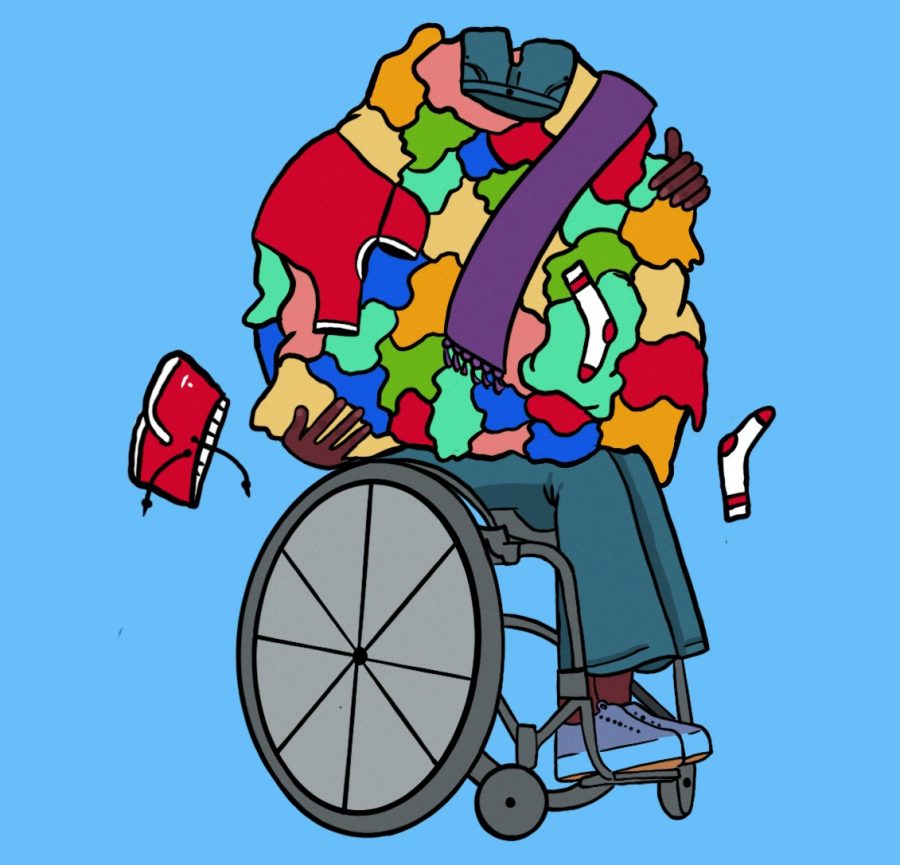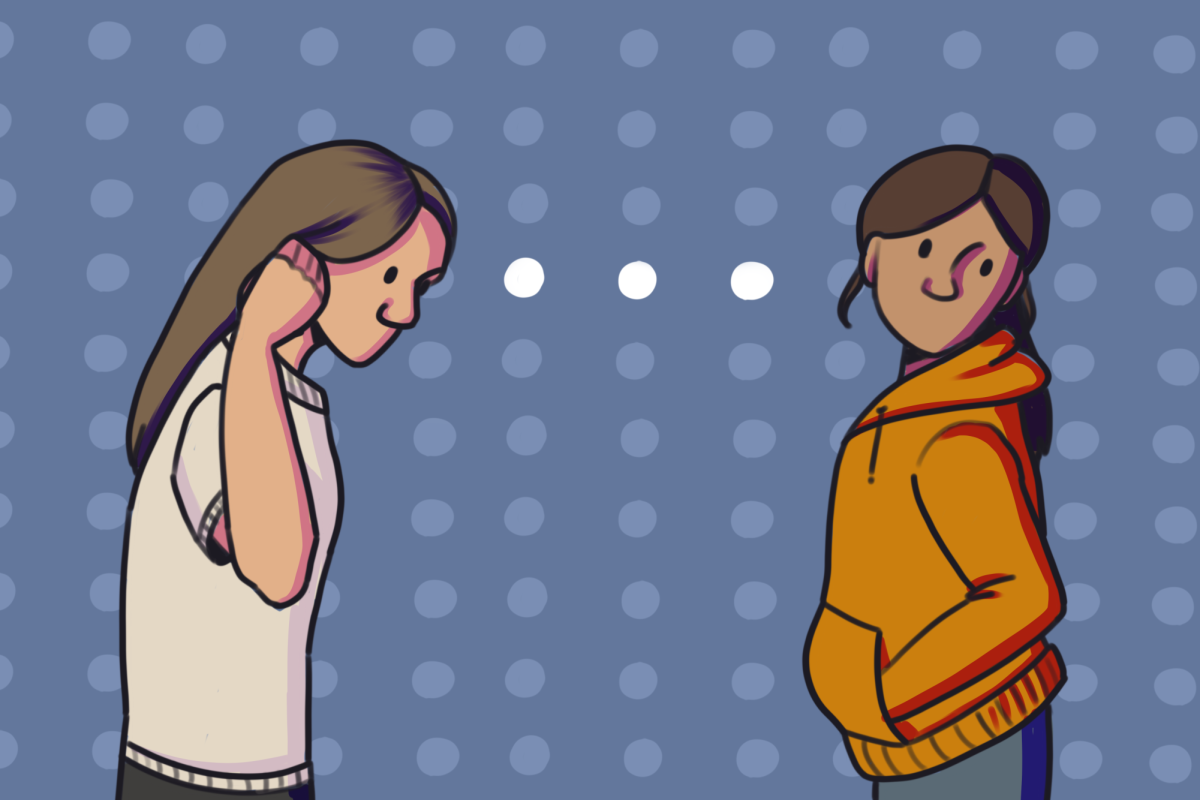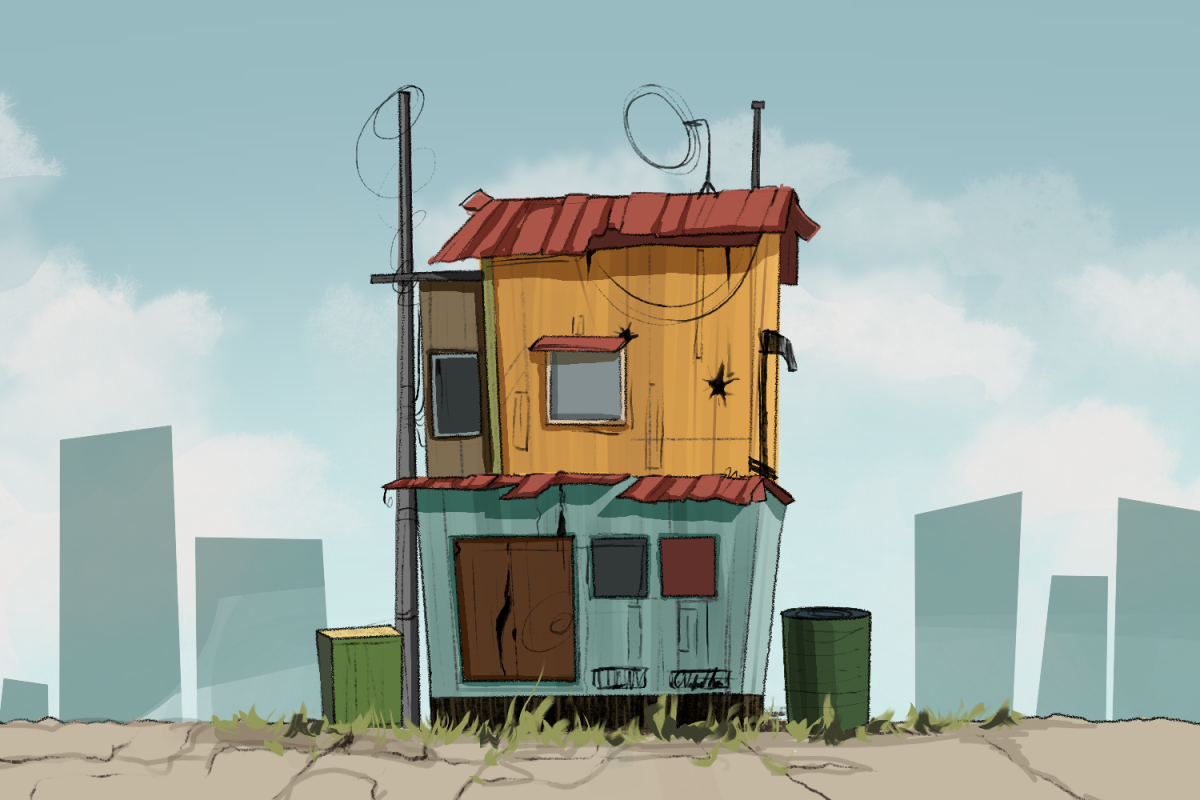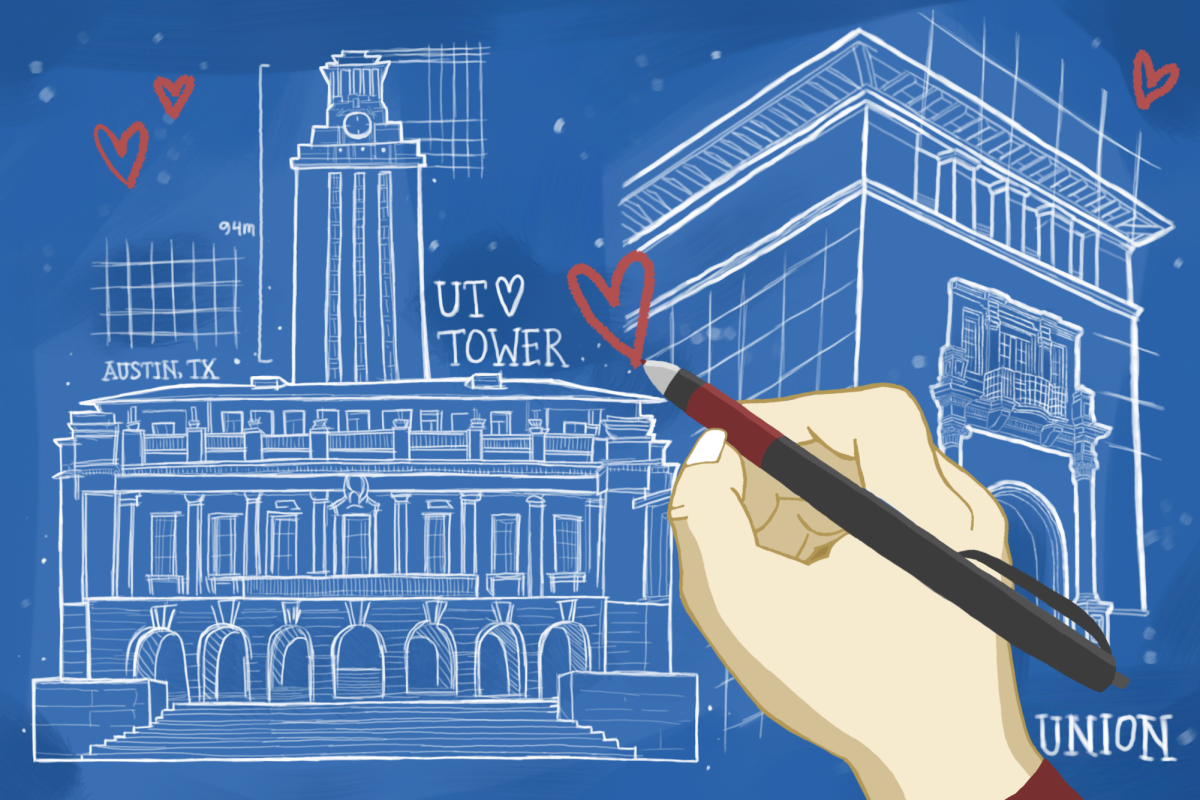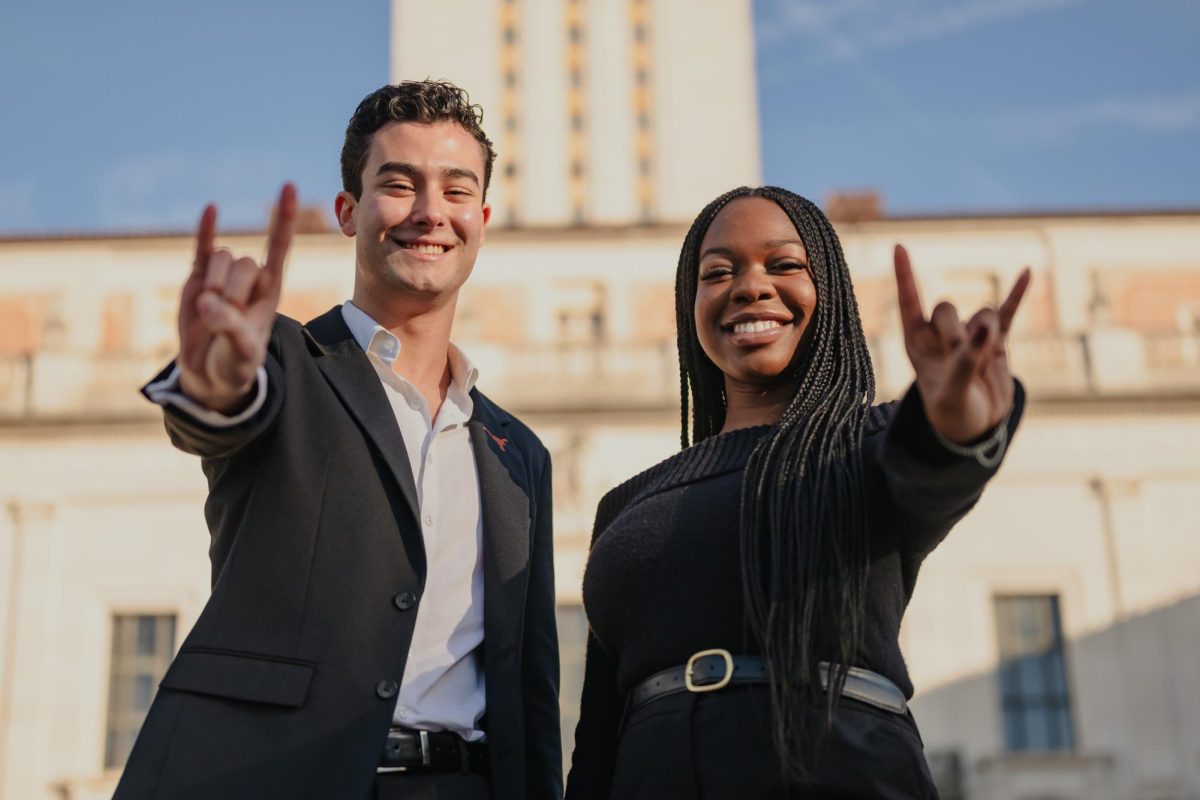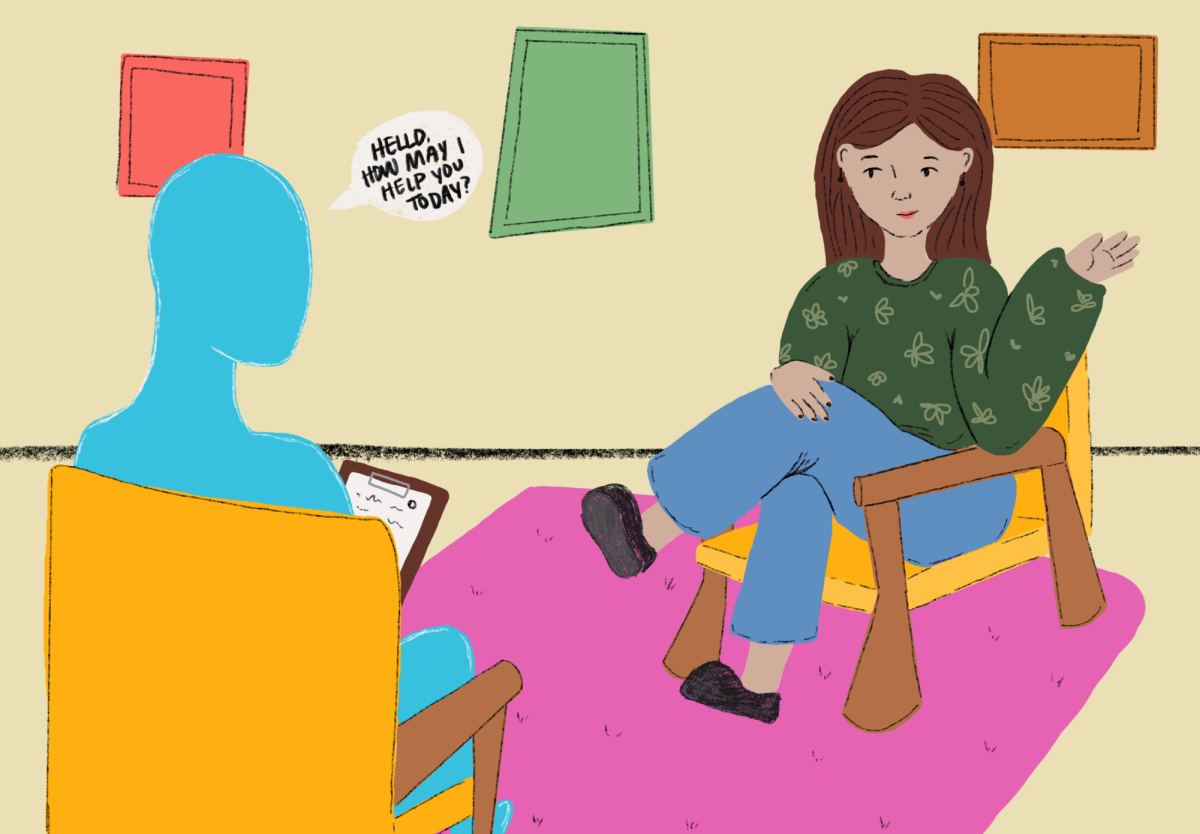Even though The University of Texas is ranked as the 34th best university in the world, students are still having to fight for world-class accessibility. UT cannot claim to be one of the greatest universities in the world if it ignores the needs of students with disabilities.
In order to make student living more accessible and inclusive, University Housing and Dining should install automatic door push-buttons for laundry rooms in all on-campus dormitories.
When pressed, automatic door push buttons allow doors to open without needing physical force or strength. At UT, around 350 students have dexterity or mobility disabilities. Automated doors in laundry facilities and residence halls would help ensure our campus is inclusive and convenient for everyone.
Currently, none of the UT residence halls have push-buttons in their laundry rooms. For students who live on campus, UHD provides for their basic necessities. Students have the right to fully accessible housing.
Cole Glosser, a physical culture and sports sophomore and disABILITY Advocacy Student Coalition outreach director, only has use of one of his hands. He faced challenges with transporting heavy materials to the laundry room while living in Jester. At Jester, the laundry room can only be unlocked with a key. However, the door will not stay unlocked unless the key is being manually turned at an angle.
“The really annoying thing in terms of accessibility is having to unlock the laundry room door,” Glosser said. “I have this huge tub of laundry supplies, which is pretty heavy, and I have to balance that with trying to unlock the door, which is pretty difficult for me … especially if I had to open it with my right hand.”
Randy Porter, director of UHD Residential Facilities said the reason push-buttons are not aready in place is because they are not necessitated by the Texas Accessibility Standards or the Americans with Disabilities Act.
“Automatic door operators aren’t required by TAS or ADA,” Porter said. “However, we do work with our residents individually to find a solutions that meets their needs.”
Just because certain accommodations are not required does not mean they are not important. Normalizing push-buttons in places such as laundry rooms will help build community understanding that a person with a disability is an equal. By only working with residents “individually,” UHD is singling them out as “others” who do not fit the norm of living. Glosser said push-buttons would certainly help with making laundry rooms more accessible.
“It would definitely make the process a lot easier with taking stuff in and out,” Glosser said.
UHD needs to install push-buttons for laundry rooms in all on-campus living spaces in order to provide a quality and accessible standard of living for every student. Inaccessibility is not just inconvenient; it’s a form of discrimination. To truly generate change, UT needs to go beyond just meeting standards and start doing everything they can to create accessibility.
Lopez is a rhetoric and writing sophomore from Nederland, Texas.

